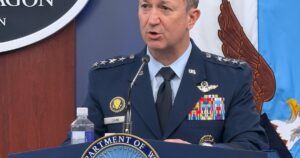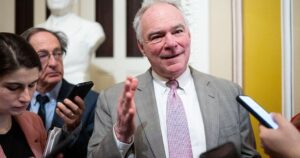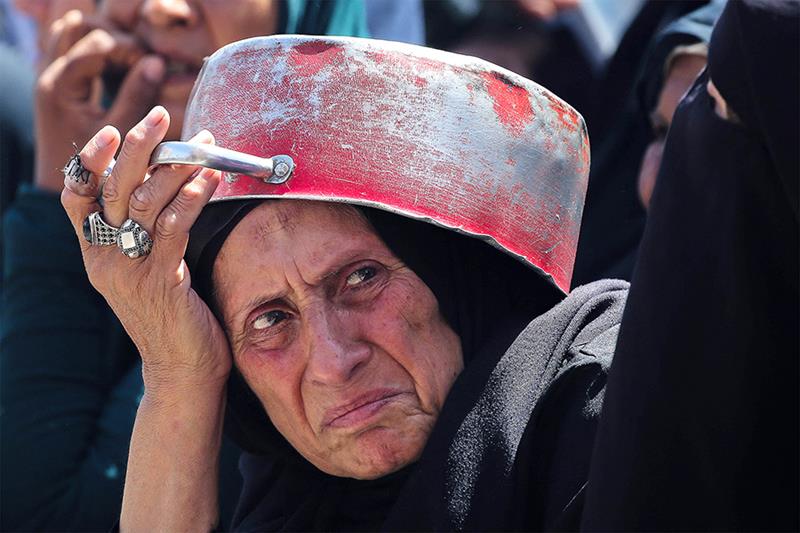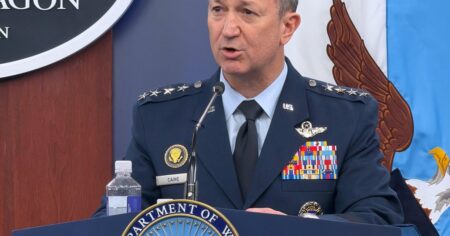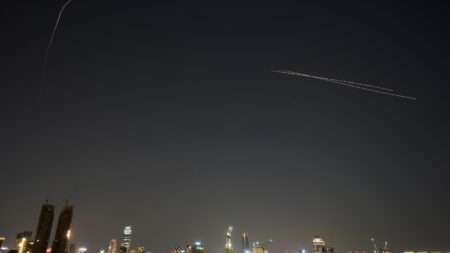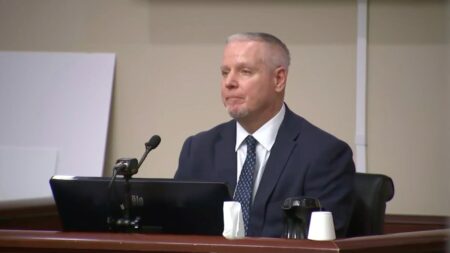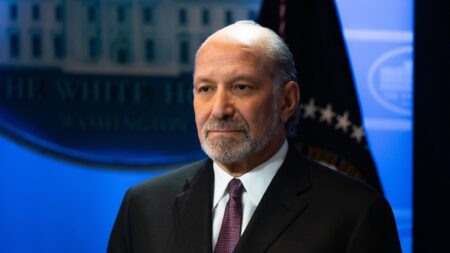Hopes for a temporary ceasefire in Gaza rose last week after Israeli Prime Minister Benjamin Netanyahu promised progress regarding Israeli hostages held in Gaza. Netanyahu said families could expect good news, but details on a ceasefire remain unclear amid ongoing conflict and political tension.
Netanyahu spoke from a tunnel under Jerusalem shortly after a far-right march marked the full Israeli occupation of the city. He stated about 20 Israeli hostages are still alive in Gaza, while over 30 others are presumed dead. Israeli analysts expressed doubt about whether Netanyahu’s statement pointed to a ceasefire or a possible military offensive to free the hostages by force.
Negotiations led by the US Middle East envoy have proposed a deal involving a two-month ceasefire, partial Israeli withdrawal from Gaza, release of fewer than 10 hostages, return of 10 bodies, humanitarian aid access, and release of some Palestinian prisoners. However, the agreement has not been finalized, and Hamas awaits Israel’s approval of the plan discussed through backchannels with the US.
Military experts warn that whether or not a ceasefire happens, Israel’s plan appears focused on severely damaging Gaza and forcing many Palestinians to leave. Palestinians have been confined to a small coastal zone with ongoing attacks and food shortages. UN sources report that Israeli military strikes are targeting the healthcare sector and young Palestinians to weaken the population.
Humanitarian aid efforts remain limited. A food distribution operation meant to begin recently was delayed after the resignation of the Gaza Humanitarian Foundation’s head amid concerns over impartiality. The UN opposes Israeli military involvement in aid delivery. Hamas has urged Gazans to avoid aid points near Israeli military sites, calling the operation a trap. The UN Food and Agriculture Organization warns Gaza faces an imminent famine risk. Aid deliveries operate under strict Israeli supervision, but distribution remains fragile and insufficient.
Diplomatic efforts continue internationally. Madrid recently hosted a conference with Arab and European nations to discuss Gaza and the future of Palestine. Spain and other European countries have pushed to end the war and break the blockade on aid. Some European states plan to recognize a Palestinian state soon, which has led Israel to signal plans to annex parts of the West Bank. Israeli leaders have openly called for expanding Israeli territory, raising further tensions.
At the United Nations, preparations for a Global Alliance Conference on the two-state solution are underway. Committees focus on security, economics, humanitarian aid, and reconstruction. This diplomatic path aims to counter efforts by Israel to permanently alter the status of Palestinian territories.
A UN Security Council meeting to address the Gaza and West Bank situation is scheduled. The meeting was requested by Algeria, a non-permanent Arab member. Observers remain skeptical about its impact, noting ongoing US support for Israel despite political disagreements.
The conflict in Gaza remains highly volatile with ongoing violence and a worsening humanitarian crisis. Ceasefire talks continue but face many obstacles. The coming weeks will be critical to see if diplomatic efforts can reduce violence and bring relief to civilians or if the situation will deteriorate further.
